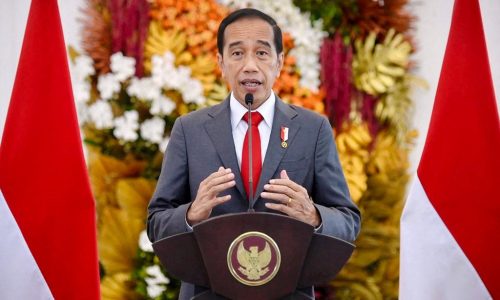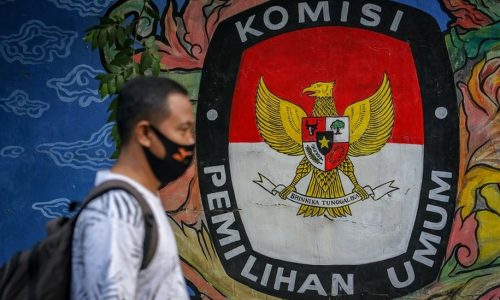More Indonesians are embracing the convenience of digital wallets, which is apparent with 9.88 percent increase in the value of transactions in March 2023 to IDR 1,944.1 trillion compared to the same period last year, according to Bank Indonesia (BI).
In addition, the value of electronic money transactions in February 2023 also grew by 11.39 percent (yoy) to IDR 34.1 trillion.
Citing a McKinsey report, Edwin Lim, Fortinet’s country director for Indonesia said digital wallets had become the leading e-commerce payment method in the country, accounting for almost 39 percent of the transaction value last year.
However, cybercriminals remain a threat that both customers and service providers need to watch for.
“As the use of digital wallets continues to grow, it is likely that cybercriminals will become even more emboldened in their effort to target both customers and service providers,” Edwin said.
Cybercrime against digital wallets
Cybercriminals might hack digital wallets, exploit and sell personal data, which considered to be a form of cybercrime and a human rights violation. They may hide malware in promotions or warning emails, using trusted names or links on websites to deceive users.
A recent study from Nagari Law Review showed that there has been an increase in the crime of breaking into digital wallet accounts in Indonesia since the Covid-19 outbreak. The study mentioned several examples of digital wallet and e-commerce providers that have been attacked by hackers, including BRI Life, Bukalapak, Shopback, and Redmart.
BRI Life for example, was victim to crime where 252 GB data containing 463,519 documents and a 410 MB database containing 2 million BRI Life users, which includes information on account mutations, proof of insurance deposit transfer, ID cards, and screenshots of customer WhatsApp conversations with BRI Life employees, insurance registration documents, Family Cards, and several self-declaration and commitment forms, as well as a full life insurance policy, were leaked. There is also a more recent case where a fake QRIS codes was installed in charity boxes.
These cases present a major hurdle amid BI’s efforts to develop a digital payment system. Even though the replaced codes were used in mosques and not merchants in malls, cafes, restaurants, or modern retailers, it highlighted the vulnerability of digital payment system to cybercrimes.
The National Cyber and Encryption Agency (BSSN) estimated that economic losses from cyberattacks in 2021 totaled a whopping IDR 14.2 trillion (US$957 million). At the same time, Indonesia’s digital economy is forecasted to hit the US$130 billion mark by 2025, a growth driven primarily by e-commerce, according to the 2022 e-Conomy SEA report.
The problem of cyberattacks related to digital wallets in Indonesia is not only significant in terms of the potential financial losses for customers and service providers. It also poses a risk to the overall development of the country’s e-commerce and digital payment industry.
Challenges faced by Indonesian digital wallets
The primary challenges that Indonesia faces in transitioning to a cashless society are infrastructural issues and user security. In terms of offering digital wallet services in Indonesia, the government and payment service provider (PJP) are primarily concerned with these two issues.
Infrastructure issues that frequently arise while using digital wallets are linked to system restrictions, network bandwidth, and transaction failures.
Meanwhile, the major issue that must be addressed with digital wallets is the security of its users. In Indonesia, breaking into an electronic wallet account would result in a domino effect, which implies that additional connected criminal actions will occur.
Therefore, these problems must be handled with specific regulations in order to reduce the occurrence of incidents that affect digital wallet users.
BI has developed a strategy for the Indonesian payment system, namely Payment System 2025: Navigating the National Payment System in the Digital Era. This includes five visions supporting the integration of national digital economies and finance, ensuring a balance between fintech, banks, and consumer protection, as well as stability among the fair business competition.
Moreover, BI is also coordinating with the Payment System Association (ASPI), payment system infrastructure providers, and PT Penyelesaian Transaksi Elektronik (PTEN) to investigate the risk of digital wallet leaks.









